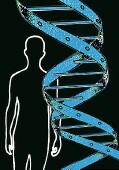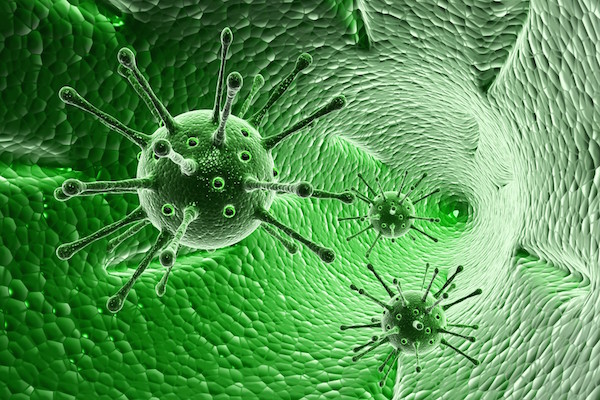
SUNDAY, May 12 (HealthDay News) — Twelve new genetic regions associated with an increased risk of testicular cancer have been identified by researchers in two studies.
One study identified four regions and the other identified eight regions, bringing to 17 the total number of genetic regions associated with testicular cancer. The studies were published online May 12 in the journal Nature Genetics.
Testicular cancer is the most common type of cancer diagnosed in young American men.
The findings could eventually help scientists better understand which men are at high risk and enable early detection or possibly even prevention of the disease, the researchers said.
The team, including Peter Kanetsky, an associate professor of biostatistics and epidemiology at the University of Pennsylvania Perelman School of Medicine, identified four of the 12 new genetic regions after analyzing the genomes of more than 13,000 men.
None of the four regions has been linked to other cancers. They pose a higher risk than other regions identified for some common cancers, such as breast and prostate cancer, according to a school news release.
Testicular cancer is highly inheritable. A man whose father or son has testicular cancer has a four to six times higher risk of developing the disease than a man with no family history. The risk is up to 10 times higher if the man also has a brother with testicular cancer.
More information
The American Cancer Society has more about testicular cancer.

